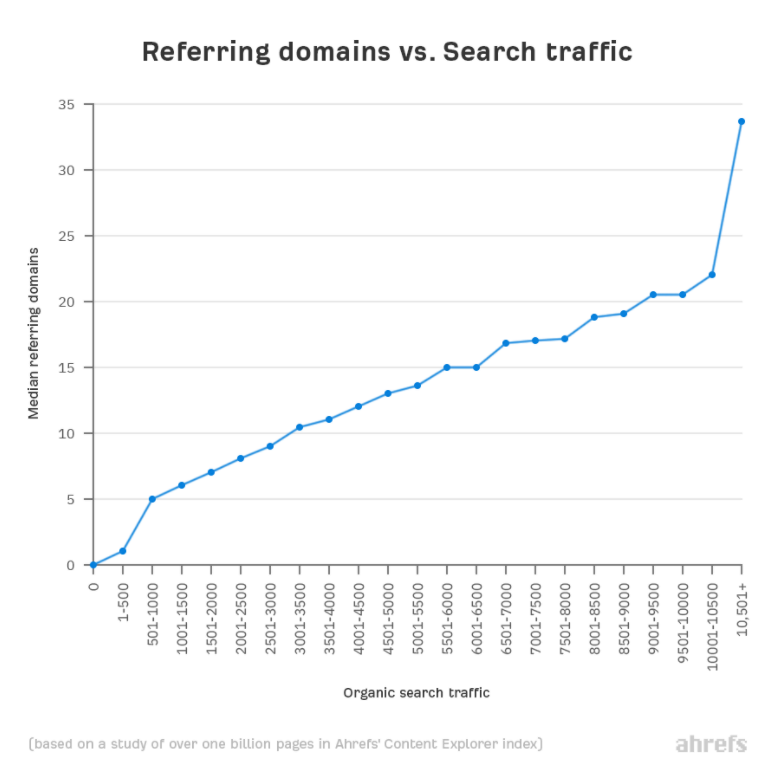What Is a Guest Post? Everything You Need to Know

What Is a Guest Post
A guest post is a content piece a blogger writes for someone else’s blog. This is typically used as a marketing tactic to:
- Establish authority in the niche.
- Expand one’s audience reach and network.
- Generate more traffic to a website.
While guest posting has become common practice, navigating it can be challenging if you have little experience or few connections.
That’s why we’ve put up this detailed guest blogging guide. We’ll go through how rookie bloggers can get guest posting assignments, how to produce a decent guest blog post, and how to optimize material for success.
Reasons to Start Guest Blogging
Almost anyone can write a guest post, but only a few can write one that goes viral. In general, you can’t “make” a post go viral. However, it does not have to go viral. To create traffic and link juice over time, it only needs to be informative, on-topic, and well-written.
First things first – let’s discuss how guest blogging can benefit beginner blogger
Boost Website SEO and Authority✔
Guest writing may help with SEO in two ways: first, it can help you establish backlinks.
The writer is normally permitted to include one or two external links to their own blog in the text or author profile while guest blogging.
These links are viewed by search engines as a vote from one website to another, indicating that the referenced site is worth visiting. As a consequence, Google may regard the site as a trustworthy source, enhancing the blog’s chances of ranking and attracting more organic visitors.
According to Ahrefs, the number of backlinks a website has correlates with the amount of organic traffic it may get.
Another way guest posting helps SEO is by generating online mentions of your brand.
Say you run a business blog and regularly contribute to sites like Forbes and Entrepreneur. The more your name appears in relevant sites of your niche, the more likely search engines will consider you an industry expert.
That said, bloggers should guest post with careful consideration. Google sees large-scale guest blogging as a manipulative linking scheme, so don’t overdo it.
For WordPress users, here are more tips to optimize a website for search engines.
Expand Your Blog Audience✔
Guest posting allows tapping into other blogs’ audiences – which can lead to higher referral traffic and even conversions.
Many brands have succeeded in this. SaaS startup Groove claims to have reached more than 1 million readers with guest blogging. Help Scout also gained 36,000+ new mail subscribers thanks to this strategy.
The trick to getting such results is targeting websites whose readers are similar to yours – either by interest, behaviour, or demographic. These people are more likely to learn more about you after engaging with the guest post.
Widen Your Network✔
Guest blogging also allows you to connect with other bloggers and businesses.
The more content ideas you propose and pieces you post on connected sites, the more your name will become known in the field. As a result, future collaborations will begin to emerge.
However, we advise you to pick and choose which websites you collaborate with.
While having 100,000+ monthly visits isn’t required, the sites for which you write should provide useful information and have a large readership. Avoid spammy-looking, low-quality blogs at all costs, since they might harm your reputation.
Make the post✔
This should be the simplest part of the process if you’ve chosen a topic about which you’re passionate and knowledgeable. You simply need to set aside some time and begin typing.
- Create lengthy, intriguing content (at least 1,000 words)
- Divide the text into tiny, easily digestible paragraphs.
- On-page SEO optimization
- Make the information more linkable by using original photos and graphs (Canva is a great tool for novice designers)
- Include quotes from friends and influential people.
- Please provide a link to your prior published guest blogs.
- Include a link to your own, relevant content.
- Link to other publications such as studies, data, thought leadership, and so on.
- Interlink to additional articles from your publication.
- Include your byline and explain why you are an authority on the subject.
Don’t forget to add your author information when you send your final manuscript to the editor: your complete name, a short bio, social media connections so readers can connect with you, a headshot, and your website.
Monitor the progress of your posts over time✔
This is the final but perhaps most critical phase in the procedure.
You should always compare your results to where you were at the start of the procedure (in step 1. Goal setting).
Depending on your objectives, you can use several SEO tools to track various KPIs. I’ve compiled a list of the best guest blogging tools for you.
You can use a tool like Ahrefs to monitor changes in the number of backlinks, referring domains, organic traffic performance, and even the number of keywords for which the website ranks in Google (see example below):
Free article submission sites
These Guest posting sites will help you get started with your blog posting.
The greatest plan for your company and setting is always the one you develop via trial and error. So don’t be frightened to get started and learn as you go.
Hope you liked this article stay connected with us on twitter at F60 Host for further updates.

